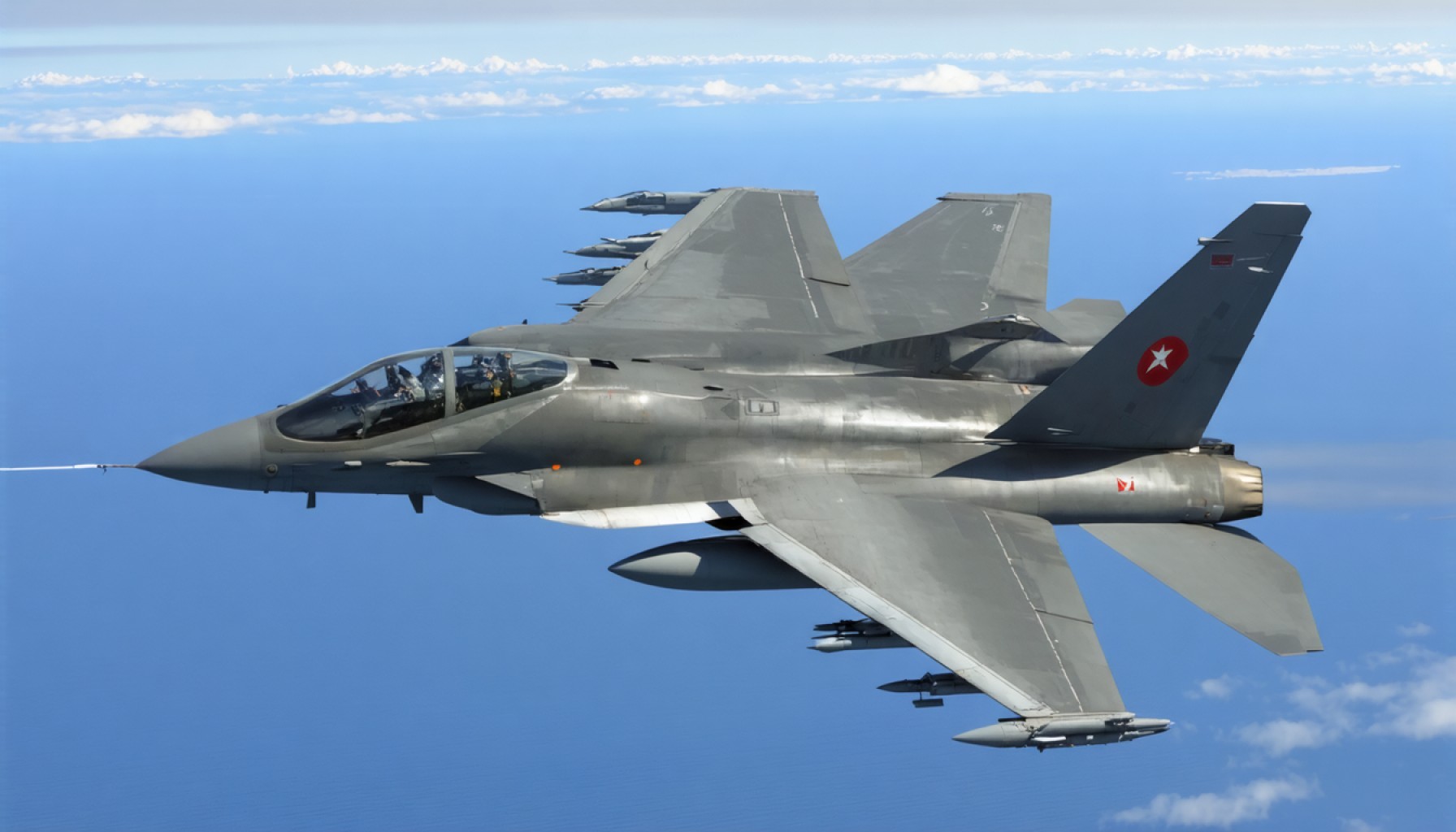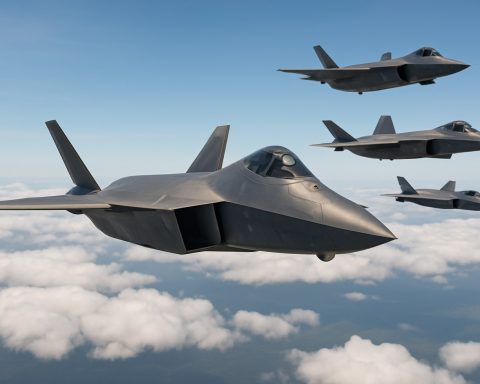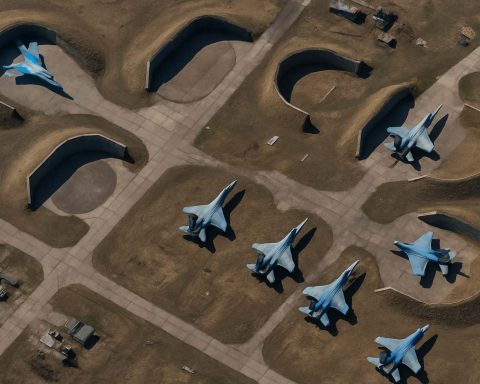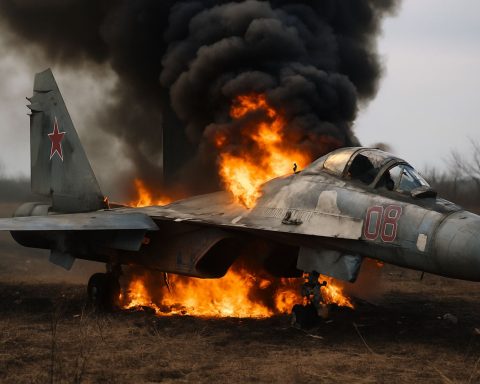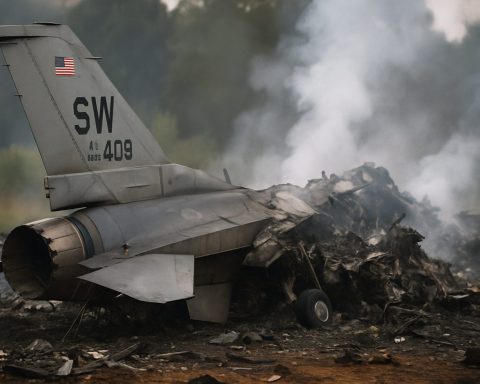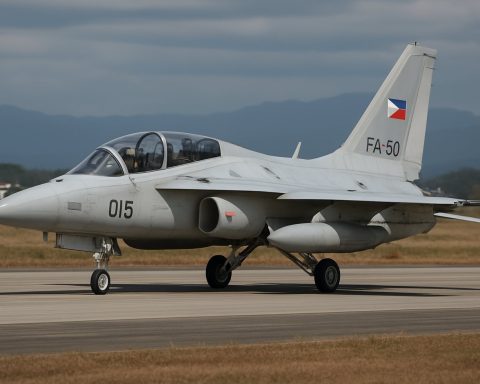- Germany blocked the sale of Eurofighter Typhoons to Turkey, complicating Ankara’s air force diversification plans.
- The decision is tied to Turkey’s recent political actions and highlights the complexity of international arms deals influenced by politics and alliances.
- Tensions rekindled after the extradition of Istanbul’s mayor, affecting Turkish-German relations and previous thawing ties.
- Turkey seeks to diversify its fleet beyond American F-16s, seeing Eurofighter as a strategic boost, especially after Greece’s Rafale acquisition.
- Ankara’s interest in Eurofighter signifies its intent to demonstrate options beyond U.S. military reliance.
- Germany’s blockade reflects broader European military dynamics, posing a strategic challenge for Turkey’s geopolitical aspirations.
- Turkey’s indigenous fighter jet efforts, like the TF Kaan, are constrained by dependence on American engine technology.
- Ultimately, Turkey’s air force diversification aims for increased global maneuverability amid a multipolar world.
Amidst a diplomatic chess game, Germany recently blocked the sale of Eurofighter Typhoons to Turkey, casting a cloud over Ankara’s ambitions to diversify and modernize its air force. The decision, rooted in objections to Turkey’s recent controversial political actions, underscores the complexity of international arms agreements where politics, strategy, and alliances intersect.
A coalition led by Germany is holding firm, echoing previous restrictions linked to Turkey’s actions in Syria. Despite signs of thawing ties earlier this year, the extradition of Istanbul’s mayor rekindled tensions, disrupting what seemed like a budding compromise. Berlin’s hesitance continues to spotlight Ankara’s delicate balance in managing international relationships for military procurements.
Turkey’s reliance on American-made jets, such as the extensive fleet of F-16s and a dwindling number of Phantom F-4s, drives its urgency to diversify. The Eurofighter Typhoon, equipped with the sophisticated Meteor missile, promises to bolster Turkey’s arsenal significantly, especially in the wake of Greece’s acquisition of advanced Rafales—a move that has already stirred geopolitical currents in the region.
Ankara’s pursuit of the Eurofighter is also strategic diplomacy, signaling to Washington that Turkey has global options beyond American fighter jets. However, Germany’s blockade, potentially lasting beyond Chancellor Olaf Scholz’s government, could become a formidable obstacle.
Europe presents a mixed tableau of military alliances and competitions: while Qatar and the UAE juggle fighter fleets from multiple western sources, Turkey finds its path littered with strategic vetoes. Ankara’s paradox lies in its indigenous efforts, evidenced by endeavors like the TF Kaan fighter, which still hinge on American engine technologies. Until it achieves complete independence in aircraft production, Turkey remains in this intricate dance with the United States, unable to fully break free from its orbit.
Germany’s veto, though one tug in this geopolitical rope, emphasizes Turkey’s ongoing struggle to free its military from strategic dependencies—a sobering reminder of the intertwined nature of global defense politics. As Ankara navigates forward, its air force diversification remains pivotal not just for military capability but for broader geopolitical maneuverability in an increasingly multipolar world.
Germany’s Eurofighter Blockade: How Turkey’s Air Force Ambitions are Thwarted
Understanding the Diplomatic Context
Germany’s decision to block the sale of Eurofighter Typhoons to Turkey highlights the convoluted nature of international arms trades, where political undercurrents significantly influence military strategies. At the heart of this issue are Turkey’s controversial political maneuvers, particularly its activities in Syria and recent domestic developments that have soured its relations with Germany and other EU nations. These geopolitical dynamics underscore the impact of politics on military procurement decisions, emphasizing how international alliances and rivalries shape defense strategies.
The Technical Edge of the Eurofighter
The Eurofighter Typhoon is one of the most advanced multirole fighter aircraft in the world. Equipped with the Meteor missile, renowned for its beyond-visual-range (BVR) capabilities, the Typhoon offers considerable advantages in air dominance. This is particularly significant for Turkey, given the regional military competition with nations like Greece, which recently enhanced its air force with advanced Rafale jets.
Turkey’s Diversification Strategies
1. Indigenous Aircraft Development:
Turkey has been working on the TF Kaan (also known as the TFX), its own indigenous fighter jet program. However, progress is hampered by reliance on American technology, particularly in jet engines, which is crucial for achieving true military autonomy.
2. Diversifying Suppliers:
Turkey has explored other international options, including the potential procurement of Russian S-400 missile systems, despite this causing friction with NATO allies. Countries like Qatar and the UAE manage to operate a mix of Western aircraft, which Turkey aims to emulate.
Industry Trends and Predictions
Market Forecast:
The global fighter jet market is projected to grow significantly, with countries investing in advanced multi-role fighters. If Turkey remains unable to secure the Eurofighter or develop the TF Kaan, it may continue increasing its reliance on upgraded versions of the F-16 or seek alternative markets, such as China or Russia.
Geopolitical Ramifications:
As tensions between Turkey and the EU persist, Turkey might pivot towards strengthening defense relations with non-Western countries. However, this poses potential risks, including sanctions or diplomatic isolation from Western allies.
Pros & Cons of Turkey’s Military Procurement Approach
Pros:
– Expanding and diversifying the air force can provide Turkey with greater strategic flexibility and deterrence.
– Indigenous programs may foster technological growth and self-sufficiency in the long term.
Cons:
– Diplomatic strains can lead to delayed or suspended access to critical defense technologies.
– Reliance on multiple, sometimes conflicting, sources can complicate maintenance and integration within Turkey’s military systems.
Actionable Recommendations for Turkey
1. Strengthen Diplomatic Ties:
Turkey needs to engage in constructive diplomacy with EU countries to resolve political tensions, paving the way for smoother military cooperation.
2. Enhance Indigenous Capabilities:
Accelerating domestic research and development in military technology will reduce dependency on foreign suppliers and enhance self-reliance.
3. Explore Diversified Alliances:
Building relationships with countries outside of traditional Western alliances can offer new avenues for procurement while balancing diplomatic risks.
For more insights on global defense markets, military technology, and geopolitical analysis, visit Janes.
Conclusion
The ongoing challenges faced by Turkey in diversifying its air force highlight the intersection between global politics and military strategies. As nations continue to navigate new alliances and rivalries, keeping informed about shifting geopolitical dynamics will be crucial for understanding the broader implications on international defense procurement.
